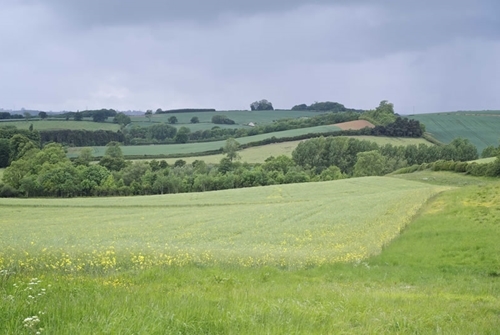
Written by Henrietta Appleton, Policy Officer (England)
This last quarter (July to September) has seen the policy team in England respond to three Defra consultations/calls for evidence (on the Biodiversity Net Gain metric, deer management and Green Finance) and three select committee inquiries (on ELMS progress, food security and sustainable timber).
It is important that we contribute to these as Defra’s consultations and calls for evidence are often part of the process of formulating policy whilst the Select Committee inquiries provide us with the opportunity to put forward our thoughts on how existing policy could be improved. In both situations we use the science generated by the Trust and our experiences of working with land managers (as well as being one ourselves) to inform our responses.
That said we often need to extrapolate the science to the bigger picture that policy development needs to embrace. In fact, this is often one of our core messages; policy needs to be holistic and not just focus on one outcome.
The Trust was also delighted to be invited to give oral evidence at the Environment, Food & Rural Affairs (EFRA) Select Committee inquiry into ELMS progress. Teresa took the stand alongside the National Trust and National Parks England; you can read more about what she said here.
We have also been raising the subject of wildfire and its prevention. Climate change and changes in land management mean that semi-natural habitats of our uplands and lowlands are increasingly at risk of these devastating events. The heatwave of the summer of 2022 saw wildfires destroy property at the urban-rural interface e.g. the fires in east London; whilst those in the Peak District (most notably at Saddleworth in 2019) demonstrate their potency in destroying vast swathes of valuable peatland.
Policy to date has been on fire suppression once the event is underway; what is needed now is policy that focusses on its prevention through the management of the potential fuel source i.e. vegetation, something those living in more fire-prone areas on the planet are long familiar with.
Wildfire is a good example of one of the key policy principles we have been emphasising in our messages to Government and policymakers – management. It is a point we will continue to make as prescriptive management is needed in order to achieve a ‘layering’ of outcomes from one area of land – be that moorland or arable farmland – and to balance the inevitable trade-offs between objectives to ensure that outcomes are optimised (as opposed to maximised which is the likely outcome if a single objective is pursued).
The Allerton project is a good example of how this can be achieved. The supporting principles to management are that it must be evidence-led (and therefore prescriptive) and responsive. Too often if a management approach is considered to deliver negative outcomes there are calls to ban it despite there being benefits too.
What is needed is a more responsive approach that looks at how that management approach can be refined and improved so that the negatives are minimised. Surely this is the basis of a sustainable approach to land management policy.